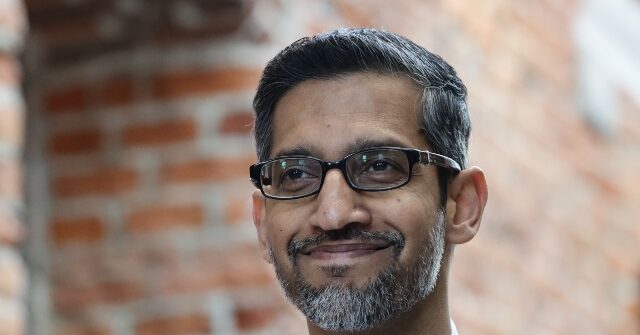Google is reportedly reaching out to national news organizations to establish licensing agreements for using their content in AI projects, according to people familiar with the matter.
Bloomberg reports that as AI continues to revolutionize many industries, Google is seeking to strengthen its ties with news outlets by pursuing licensing deals for AI-related projects. According to sources who wished to remain anonymous due to the private nature of the discussions, the tech giant plans to launch a pilot project initially involving around 20 national news organizations.
This move comes as Google’s AI rivals, such as startups Perplexity AI Inc. and OpenAI, have already started compensating publishers for using their content in chatbots. These deals have provided struggling media companies with a much-needed infusion of revenue, as they have been grappling with the loss of advertisers to digital platforms for years.
While Google has not disclosed specific details about its licensing plans, a company spokesperson stated, “We’ve said that we’re exploring and experimenting with new types of partnerships and product experiences, but we aren’t sharing details about specific plans or conversations at this time.”
The licensing project is reportedly tailored to specific products, although the exact terms and conditions remain undisclosed. Google currently cites articles and online outlets in its AI Overviews, which are brief, AI-generated responses that appear at the top of many search results. Publishers have expressed concern that these summaries may be reducing traffic to their websites, but they have been hesitant to block their content from Google’s AI tools for fear of negatively impacting their visibility in search results.
The relationship between Silicon Valley and the media industry has been strained due to tech companies’ use of news content to develop AI programs. Publishers worry that this practice could further erode their relationship with readers. In late 2023, the New York Times sued OpenAI, alleging that the startup and its largest investor, Microsoft, relied on copyrighted articles to train the popular ChatGPT chatbot and other AI features.
Sen. Josh Hawley recently took aim at Meta over the wholesale use of copyrighted material to train AI, an argument that applies to Google and OpenAI as much as it does Meta:
They knew exactly what they were doing. They pirated these materials willfully, as the idea of pirating and copyrighted works percolated through Meta to take one example. Employee after employee warned management that what they were doing was illegal. One Meta employee told management and I quote now, “This is not trivial.” And she shared an article asking what is the probability of getting arrested for using torrents, illegal downloads, in the United States. Another Meta employee shared a different article saying that downloading from illegal repositories would open Meta up to legal ramifications.
Long before AI chatbots became a fresh challenge to media outlets, Google has chosen winners and losers with its search algorithm. As Breitbart News proved with an in depth investigation of the internet giant’s censorship practices, Google purged Breitbart from search results leading up to the 2020 election:
Search visibility is a key industry measure of how findable a publisher’s content is in Google search. New data shows that Google has suppressed Breitbart’s search visibility by 99.7 percent since 2016.
On April 4, 2016, Breitbart ranked in the top ten search positions (i.e., on the first page of Google search results) for 355 key search terms; but now, as of July 20, 2020, Breitbart ranks in the top ten search positions for only one search term. And, on April 4, 2016, Breitbart ranked in the top 100 search positions for 16,820 key search terms; but now, as of July 20, 2020, Breitbart ranks in the top 100 search positions for only 55 search terms.
Moreover, organic Google search traffic to Breitbart (measured by unique visitors) is down 63 percent when comparing the first half of 2016 with the first half of 2020.
Read more at Bloomberg here.
Lucas Nolan is a reporter for Breitbart News covering issues of free speech and online censorship.
Read the full article here


